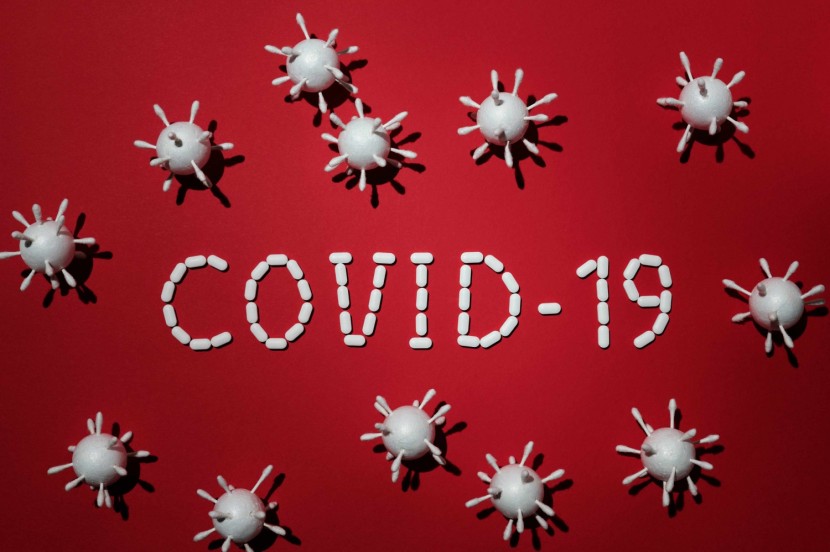
On Sunday, European travel limitations were declared as a new fast-spreading COVID mutation was caught snooping and concerns that the new variant could infect Americans.
On Saturday, officials in the United Kingdom said that the COVID mutation first identified spreading 70 percent faster. Google searches on COVID mutation have spiked. American public health experts and federal officials say, though, that granting it looks that the COVID mutation may be more contagious is not any more dangerous than others already detected in the United States.
Adm. Brett Giroir, testing in charge, "I don't think there should be any reason for alarm right now," told George Stephanopoulos on ABC's "This Week."
Experts say COVID mutations are nothing new, and the novel coronavirus does not mutate as much as influenza. Thus, it is less possible that a vaccine has to be developed every year to keep up with the new strains.
Still, much about this COVID mutation must be learned, like whether these new strains functionally different from the virus' versions.
Medical University of South Carolina Infectious-disease specialist Krutika Kuppalli said, "The take-home message for right now is that we need to get more information. In the meantime, we all need to really double down on our public health measures - wearing masks, remaining physically distanced, avoiding crowds of people."
Where was the COVID mutation detected?
In September, the COVID mutation was detected by U.K. researchers when they collected samples from infected people in southeastern England. They found out the variant's frequency, which seemed to spread quickly.
University of Birmingham microbial genomics researcher and professor Nick Loman said, "This lineage came up quite rapidly," to correspondents.
The World Health Organization (WHO) has identified cases of the variant in Australia, Denmark, and the Netherlands since then. Italian officials announced that scientists detected a mutation from a patient in the last few days of his isolation and returning from Britain.
Still, on Sunday, South Africa health officials said since mid-November, a version of the virus similar to the U.K. variant has been found in 80 to 90 percent of samples they analyzed.
In the United States, Giroir told Stephanopoulos, the virus had not been detected, but officials are still observing the developments in Britain. While officials discourage traveling to Britain, the United States has not banned travel from there.
Giroir said, "I really don't believe we need to do that yet." But on Sunday. New York Gov. Andrew M. Cuomo pointed out that it would take only one flight to the United States to spread the mutation, urging federal officials to restrict travel.
On a conference call with reporters, "Right now, this variant in the U.K. is getting on a plane and flying to JFK," Cuomo said.
Nevertheless, Kuppalli advised that little is known about how effective a travel ban can be. He referred to instances in which people hurried to airports and flocked in long lines trying to travel before restrictions were put into effect earlier in the epidemic.
A former head of the Food and Drug Administration, Scott Gottlieb, said, "It is also not entirely certain whether the virus gained its foothold in the southeast of England because of its altered genetic markers or through super-spreading events."
READ MORE ON HNGN:
© 2025 HNGN, All rights reserved. Do not reproduce without permission.








